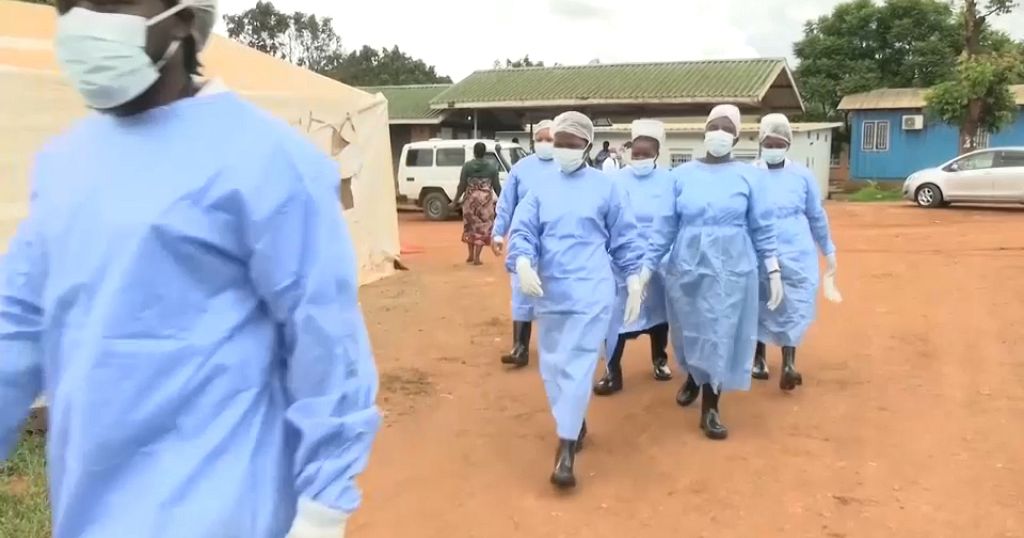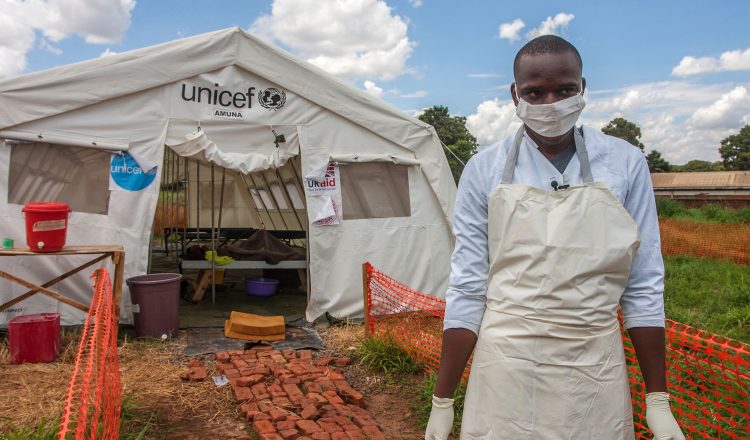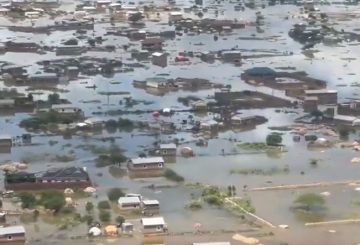Malawi has officially declared the end of its most severe cholera outbreak, which began in March 2022 and resulted in nearly 2,000 deaths. In a statement released Monday, the Ministry of Health reported that 26 of the country’s 29 health districts had not registered any cholera cases or deaths over the past four weeks.

President Lazarus Chakwera spearheaded the “Tithetse Kolera” (Let’s End Cholera) campaign in February 2023, three months after declaring the outbreak a public health emergency. The campaign aimed to halt cholera transmission across all districts and reduce the fatality rate from 3.2% to below 1%, a threshold the World Health Organization (WHO) considers as control over a cholera outbreak.
Dr. Wilfred Chalamira Nkhoma, co-chairperson of the presidential task force on COVID-19 and cholera, confirmed that the disease had been defeated primarily due to the national campaign’s efforts. “By WHO definition, a country stands to end the transmission of cholera when they have gone at least four weeks without reporting a laboratory confirmed case of cholera,” he said. “So that is the case with Malawi right now. We haven’t had a confirmed case since 6th of June.”
Nkhoma attributed the success to comprehensive interventions, including public education on cholera transmission, prevention, and control, increased surveillance, and effective case management. A significant measure was the improvement of access to safe water and sanitation, led by the Ministry of Water and Sanitation and supported by various nongovernmental organizations.
Another critical intervention was the oral cholera vaccination campaign, which began in December 2022. “We were able as a country to access some doses from WHO,” Nkhoma said. “We were able to administer not less than about 6 million doses of cholera vaccine focusing first and foremost in priority areas.”
Despite these achievements, health experts warned that the outbreak could resurface if Malawi does not continue to address the underlying sanitation issues. Maziko Matemba, a national community health ambassador, highlighted ongoing challenges. “If you go to villages, if you go to public places, people are not doing the sanitation issues properly,” he noted. “Even if you check in public toilets, even if you check how people are preparing food, you will find that we still have challenges as a country to contain diseases like cholera.”
The Ministry of Health reported a total of 56,376 cholera cases and 1,772 deaths since the outbreak began. The government plans to continue educating the public on cholera transmission, prevention, and control to prevent future outbreaks.





